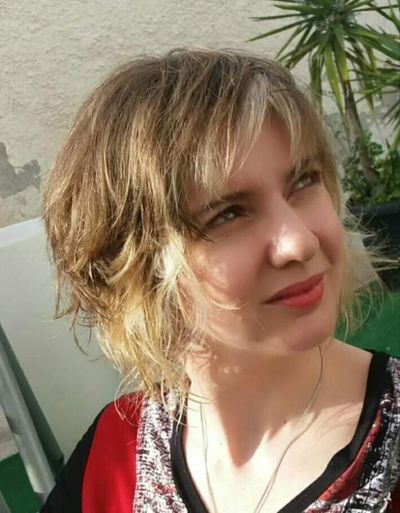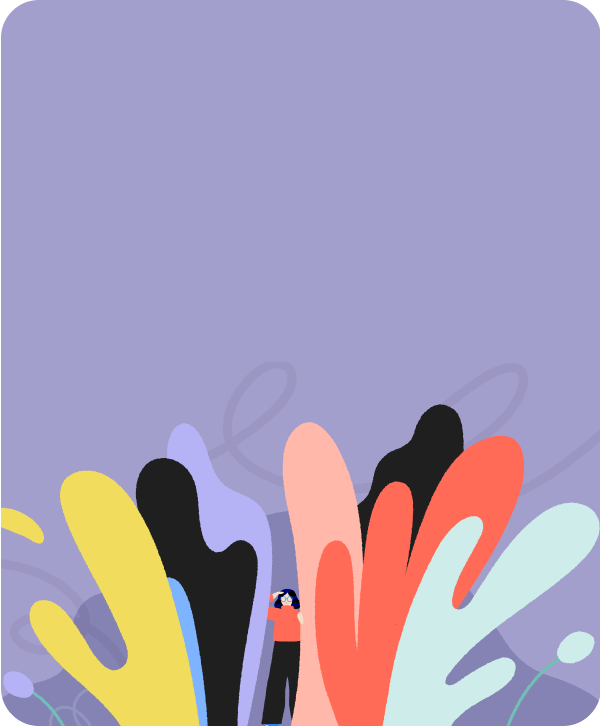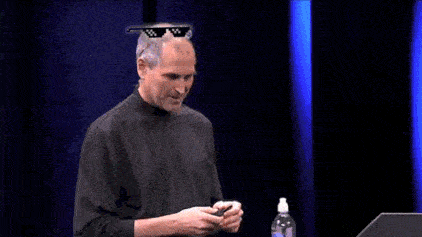After earning my degree in Archaeology, as several other Italian graduates, I struggled to find work. First, I got an unpaid internship and then a very underpaid temporary job. My life was not satisfying at all.
There was also another factor to consider: I had always wanted to do research. I was aware of how difficult the academic career would be. However, even outside the university world the chances of getting a good job were pretty slim. So, I decided to pursue my dreams and try to get a PhD.
I applied for a position in Italy. But, after passing the written exam, the final interview was literally a disaster. I did not give up and applied again for a position in the Netherlands. Three months later I got an email: my research proposal was accepted. It was time to pack up and go!
Moving to a new country could seem exciting at first sight. Yet, in my specific case, that meant to start a new life from scratch. I had no friends in the Netherlands and I did not speak Dutch. To be honest, in that period I was more worried than happy and the thing that worried me the most was my English, especially in regard to my writing skills.

I was afraid of losing my “superpower”
Now don’t get me wrong. When I moved to the Netherlands, I already had a passable knowledge of English. After all, I had been able to put together a research proposal good enough to be accepted into a doctoral program. In addition, before leaving Italy, I had taken more than one English course to improve my skills. I even scored well on the notorious TOEFL test. My problem was of a more complex nature. In some ways, one could say that it was about a matter of pride.
In a scene from the iconic movie “Mean Girls”, the protagonist, Cady, states that she likes math because “it’s the same in every country”. As stressed by another character in the film, Cady is a really deep person. Due to her parents’ work, she had to travel all over the world during her high school years, and she soon realized that the skills acquired by studying mathematics could be spent everywhere.

Well, my situation was diametrically – and tragically – opposite. Ever since I was a child, I've always had a passion for literary and historical disciplines. In particular, I've always loved writing and with time and practice, I also developed a certain talent. During my university years, I had some experience as a journalist and, shortly after graduation, a paper of mine was published in a prestigious Italian academic journal.
Writing has always been my strong point: that kind of thing that makes you feel a bit special and proud of yourself. But, of course, I was good at writing in my mother tongue. Moving abroad for the PhD meant losing my “superpower”. I had worked hard to become good at writing in Italian, but now this special skill of mine was no longer of much use. I had to start everything almost from scratch, by perfecting my English.
As soon I arrived in Leiden, I immediately pledged to fill this gap. First, I decided to take inspiration from texts I considered authoritative. I started by collecting papers and book chapters written by renowned English scholars. Every day, I used to spend a couple of hours analysing their style, the way they organize sentences and their use of the connectives.
Indeed, it wasn’t a bad method. I really missed freely expressing concepts and ideas in my native language. But this hard work was not a total waste of time. In three months, I had been able to write down a very draft chapter of my dissertation. I, therefore, asked my supervisor for feedback and he replied that the chapter was understandable and there were no grammar mistakes. But, for me, it was not enough. When I reread the things I had written, I felt a certain embarrassment. It was like when you hear your own recorded voice and feel ashamed. The content of my chapter was clear and there were no mistakes. Yet, it was as if something was missing and I hadn't been able to say exactly what I wanted.
I felt like I was mutilated. What was once my strength had become an obstacle. If writing in Italian had always been easy for me and sometimes even relaxing, doing the same thing in English took a huge effort and, above all, a lot of time. Too much time. Things got a lot easier when I discovered Ludwig.
The inspiring story of Ludwig.guru
The first time I heard about Ludwig.guru it was thanks to a newspaper article. I had returned home, in Sicily, for Christmas holidays and I was sitting in a small café, enjoying my very Italian breakfast: espresso and croissant. As I usually do, I started leafing through the local newspaper and my eyes fell on a somewhat unusual piece of news: three young Sicilian scholars Roberta Pellegrino, Antonio Rotolo and Federico Papa had founded a successful startup.
Sicily is not Silicon-Valley and these kinds of things don't happen very often. Furthermore, I found the story of these young entrepreneurs very inspiring. I had a lot in common with Roberta, Antonio and Federico. They were Sicilian like me and like me they were researchers in the humanities (Antonio was even an Archaeologist).
The moment of true enlightenment, however, came shortly after, when I realized what this Sicilian startup actually was. The article I was reading described Ludwig.guru as a “linguistic search engine”. This really intrigued me a lot. I took out my phone and looked for their website. To my amazement, I discovered that Roberta, Antonio and Federico had invented what I needed to solve my problems with English.
Ludwig.guru provides you an anthology of sentences from authoritative sources that you can easily search to find the one that suits you best. This is not too much dissimilar from what I used to do to improve my English: collecting well written texts to take inspiration. The difference is that Ludwig.guru is much faster and effective. Thanks to Ludwig.guru, I was really able to improve my English writing skills. From a certain point of view, I can say that it helped me find what I had lost: the pleasure of writing.







